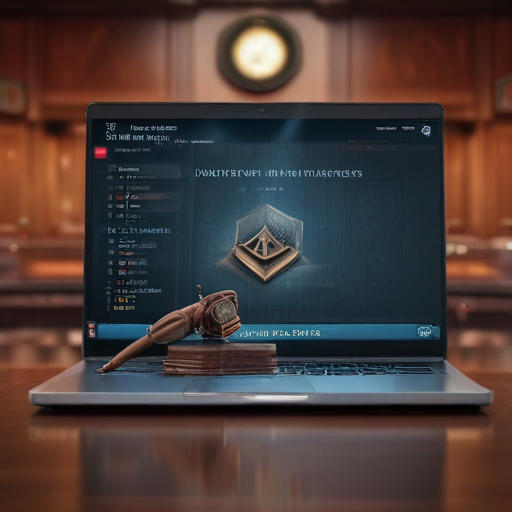President Donald Trump announced on Tuesday that he has granted a full pardon to Ross William Ulbricht, the creator of the notorious Silk Road dark web marketplace. Ulbricht, who had been serving a life sentence for charges including money laundering, drug trafficking, and computer hacking, was long considered a controversial figure due to the nature of his crimes and the sentence he received.
Trump disclosed the pardon on his Truth Social platform, stating he reached out to Ulbricht’s mother to inform her of the decision. He characterized Ulbricht’s life sentence as “ridiculous” and expressed his frustration with the legal system that prosecuted him, labeling those involved as “scum.” Trump framed his actions as an affirmation of support for the Libertarian Movement, which has long advocated for Ulbricht’s release.
The Silk Road was shut down by the FBI in October 2013, leading to Ulbricht’s arrest. The marketplace, which gained infamy for enabling anonymous trade in illegal goods and services using bitcoin, allegedly drew in close to a million users, with a significant percentage based in the United States.
In May 2024, Trump had previously expressed his intention to commute Ulbricht’s sentence as part of his campaign promise at the Libertarian Party’s national convention. He emphasized his commitment to freeing Ulbricht, who had already served over a decade of his sentence.
Angela McArdle, Chair of the Libertarian National Committee, celebrated the pardon, calling Ulbricht a “libertarian political prisoner” and recognizing the effort involved in achieving this outcome.
Historically, Ulbricht was deemed a criminal by prosecutors, with former U.S. Attorney Preet Bharara stating that he “exploited people’s addictions” and contributed to the deaths of at least six individuals due to his marketplace’s activities.
This development marks a significant shift in Ulbricht’s legal fortunes, underlining ongoing debates about criminal justice reform and the treatment of those involved in digital economies and online marketplaces. While reactions to Trump’s decision are mixed, advocates for Ulbricht believe this pardon reflects a growing recognition of the complexities of cyber-related offenses and the proportionality of punishments.
This pardon could also contribute to further discussions on online privacy, the use of cryptocurrencies, and the government’s approach to regulation and enforcement in digital spaces. As complexities around technology and criminal law evolve, the ramifications of this decision may resonate within libertarian circles and beyond.
